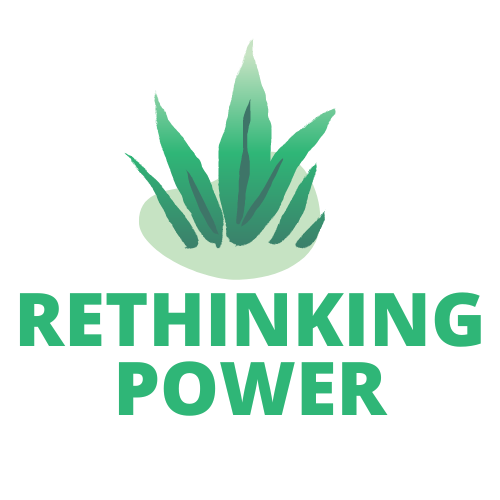The Privilege of Play

"Move fast and break things" was the internal motto of Facebook up until 2014 they realized, a little belatedly, that perhaps a corporation with worldwide reach and hundreds of millions of active users shouldn't make recklessness its motivating principle.
But the "break things" mindset is not inherently bad. It's a great for when you're just playing around.
Play can be defined as "freedom from consequences". A kid in a sandbox messing around doesn't have to worry about what could go wrong. Sandboxes are even used as a metaphor in software development, to refer to special accounts that developers and users can "play around with", without worrying about accidentally corrupting their real data or taking real actions.
But outside of playgrounds and developer relations programs, sandboxes are rare. Most of our actions have real and uncertain consequences. We have to make a judgment call about how much to worry about them.
I'm an anxious person, so I tend to worry more rather than less. Others may be more optimistic. But these tendencies are not absolutes. Everyone has the capacity for both optimism and pessimism, playfulness and worry, the underestimation of consequences and the overestimation. It's impossible to know what the full consequences of most decisions will be, and so we need to be able to think through the worst case scenarios and push forward anyway.
Every person should be capable of both play and worry, and every group or organization should be, too. The problem arises when people get stuck in their roles¹—when they become, not someone who plays sometimes and worries sometimes, but a Player or a Worrier.
Picture a company. Peter the Player is CEO. Like most wealthy people, he was born that way, and so he is used to being insulated from consequences. When he is in an especially playful mood, he'll start projects and make decisions on a whim, and give them to his subordinates to carry out. Wanda the Worrier is one of those subordinates. She's assigned Peter's new idea, Cars for Cats, and told to make it a reality. But...how is she supposed to teach cats to drive? Will the state even let a cat take the driver's test? How will their little paws reach the pedals?
In a healthy system, Wanda could explain to Peter that his idea, while funny, cannot actually be carried out.
In a very healthy system, Peter would realize his idea should never have made it past the thought experiment stage. At both the individual and organizational level, a better balance of playfulness and responsibility would be sought.
In an unhealthy system, Wanda would carry out Peter's plan while adjusting for as many consequences as possible. Maybe instead of real cats, they'll use people in cat costumes. Or instead of real cars, they'll use cat-sized ones. Wanda would have to worry extra, to make up for Peter.
In a very unhealthy system, Wanda would not have the energy or power to change Peter's plans, and vehicular caticide would result.
This is a cartoonish example, but I've seen these dynamics play out in real life. It often falls along lines of privilege². The boss tends to play where the subordinate tends to worry. The man tends to play where the woman tends to worry. The white person tends to play where the person of color tends to worry. Privilege insulates you from consequences and allows you to play. A lack of privilege makes you hyper-aware of consequences and forces you to worry³.
Our culture tends to lionize the people who take risks and get shit done—the Mark Zuckerbergs, if you will. But risk-takers cannot succeed without the labor of all those who worry over and absorb the consequences of those risks. Behind every successful player is a long line of burned out worriers who've been told they're not succeeding because they're not being brave enough, not taking enough risks.
We need to create communities where Player and Worrier are not permanent identities but roles that people take on, consciously and temporarily. People who tend towards worry need to have spaces where they can play. They need to be insulated from consequences, either by giving someone else responsibility for handling consequences, or by working on toy projects where there are no consequences. Conversely, people who tend towards being playful even when seriousness is called for need to be put in situations where they are accountable for repairing unexpected harms. But crucially, everyone deserves both the freedom of play and the meaning that comes from doing impactful, consequence-rich work.
1: This echoes Foucault's "states of domination", which are when naturally occurring power imbalances become rigid and inflexible (often through institutionalization).
2: When we say the rich and powerful are "playing games with our lives" we mean they are insulated from the consequences of their actions, consequences the rest of us must bear.
Here's another idiom: "worry yourself sick". Unlike play, which is typically energizing, worry takes a psychic toll. Worry can be part of a vicious cycle, where lack of privilege leads to trauma, which leads to mental health issues, which further exacerbates lack of privilege.
3: If you've read my previous posts about interpretive labor, this may seem familiar. Play and imaginative labor are concepts that kind of rhyme, as are worry-driven work and interpretive labor.

Member discussion